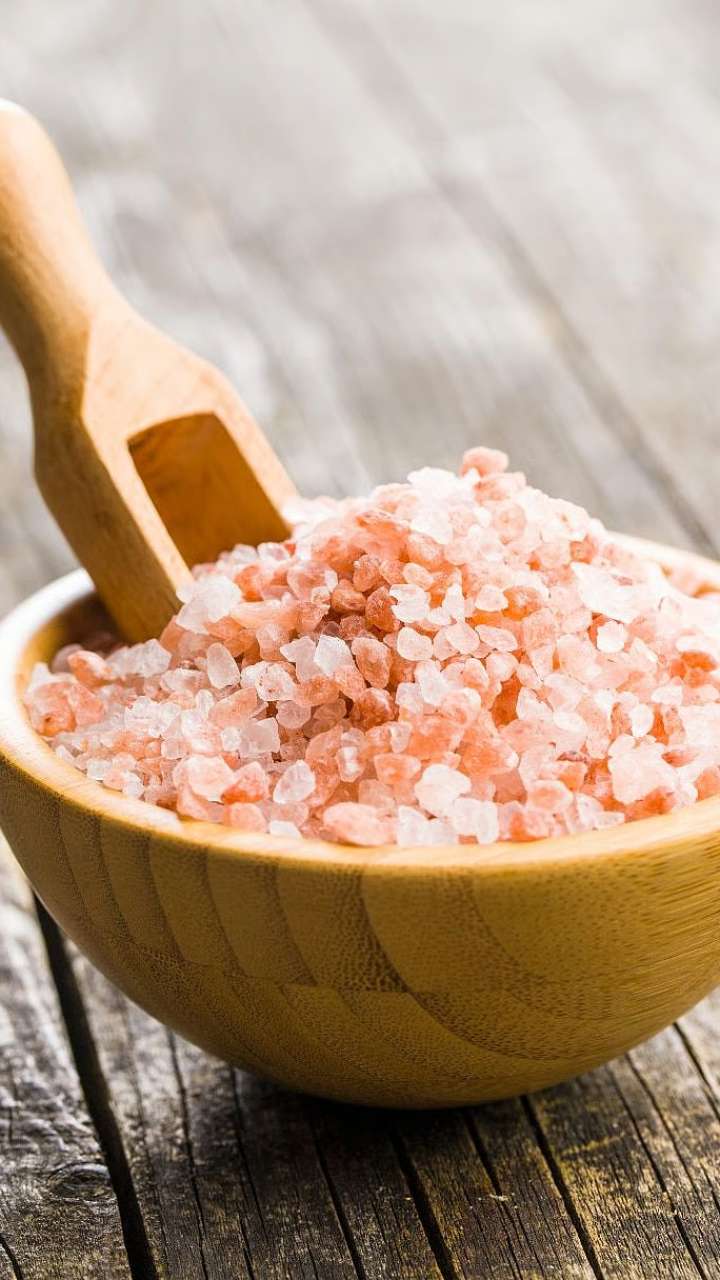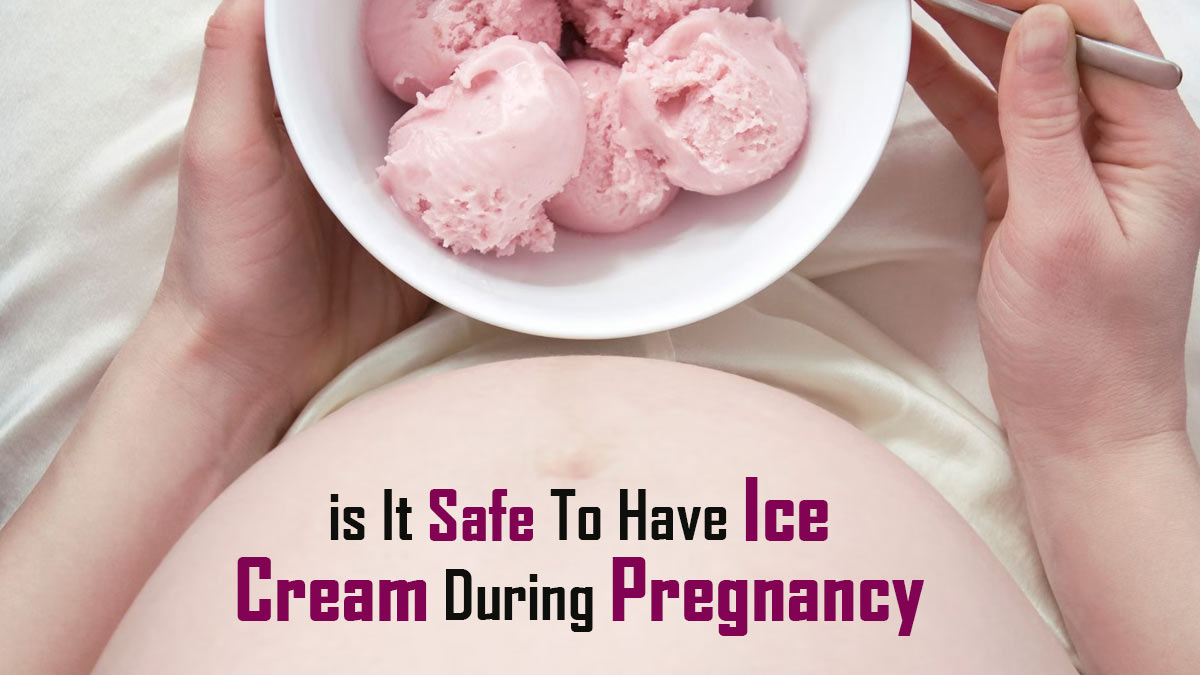-1750348434838.jpg)
A recent groundbreaking and multidisciplinary research study has made a bold claim that might change the way you look at how our brain works. The research led by from demonstrated that our brain collects the ‘’ of our ‘cold’ experiences for thermoregulation of our body. Let us understand with an example. Imagine you went to Switzerland and experienced cold weather for the first time. Your brain will store that information of the temperature and climate, and later use that information to control the temperature of your body. So, after coming back from Switzerland, you may decide to go to Kashmir next year. Your brain recollects the information it had stored in and retrieves that information and converts it into a physiological response to make you adaptable to the present environment. Although, the scientists could not determine how the brain stores information about temperature, and uses that for a physiological response, but apparently it does, and it could have huge implications in medical science.
The researchers have a theory that the brain may be forming different sets for different temperatures, and which helps an organism to survive in harsher environments. The difficult part though, was to identify these engrams. They had to substantiate whether the brain stores ‘cold’ memories or not. In order to do that, they tested if these cold experiences could affect metabolism, because mammals are known to increase their metabolism to create heat in the body when the environment is cold. The scientists then trained mice to associate a cold experience of 4 degree Celsius with novel visual cues that were only present in designated cold contexts. After a few days, mice were presented with the visual cues in the same context, but at room temperature. The team discovered that the animals would upregulate their metabolism to induce predictive thermogenesis when they were “expecting” the environment to be cold.
-1750348763688.jpg)
Top Stories
Can Memory Shape Future?
Our brain stores long term memories as a cohort of intricately connected cells, that we call engrams. Over the last few years, scientists are increasingly trying to understand how engrams store information. After new researches come to light, we now know that not only can these engrams (memory cells) store information, they can use that regulation to induce physical responses from the body. As the scientists have established a relationship between memories and thermoregulation and metabolism, it could be monumental in helping design therapies for diseases ranging from cancer to obesity, as these conditions depend massively on the inability of the patient to regulate thermoregulation and metabolism.
Physiologist was the first one to describe the classical conditioning of the brain. It means, we form patterns between varying aspects of the environment. For example, if two random things happened at the same time regularly, your brain will associate the two and form a stimulus. For example, imagine every time you turn the TV on you feel thirsty. There is no connection between the two events and yet, when they happen regularly in cahoots, you begin building a relationship between them, so next time you think of switching the TV on, you bring a bottle of water, that is your stimulus, as in: the reaction to the events. showed that dogs could be trained to salivate in hopeful anticipation of food, when an associated bell was rung.
-1750348791155.jpg)
These findings have opened up a compelling frontier in neuroscience. A decade ago no one would have thought memory acted as a physiological architect. By decoding how engrams drive bodily adaptation, medical science has moved one step closer to manipulating the natural body response into a full fledged treatment system.













